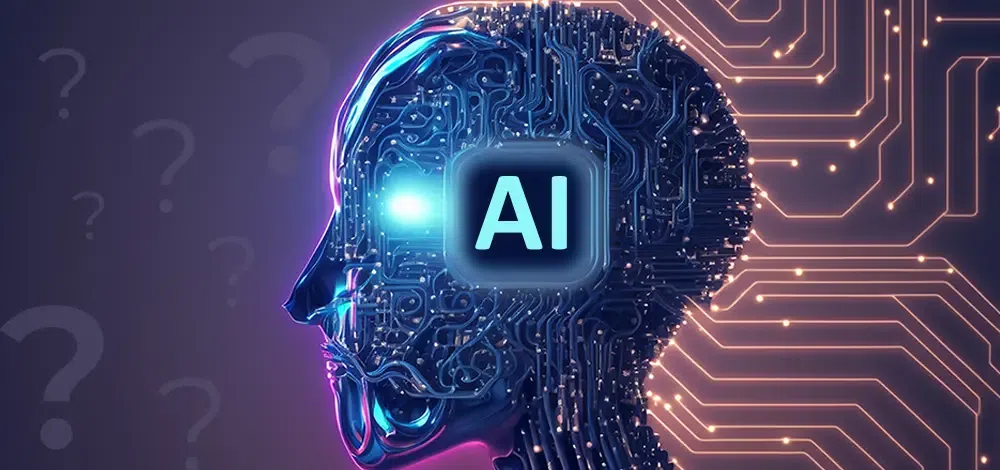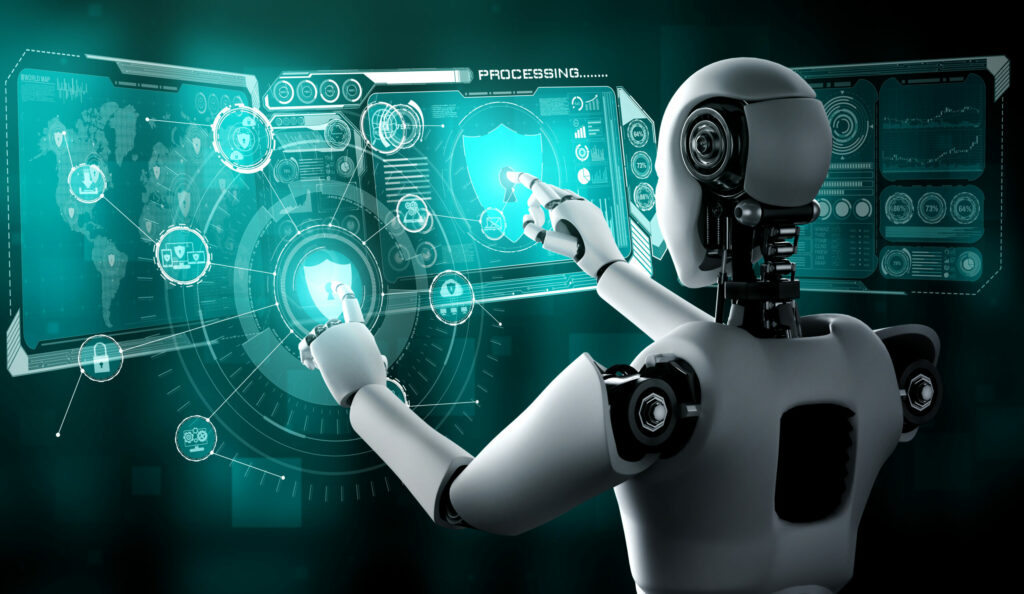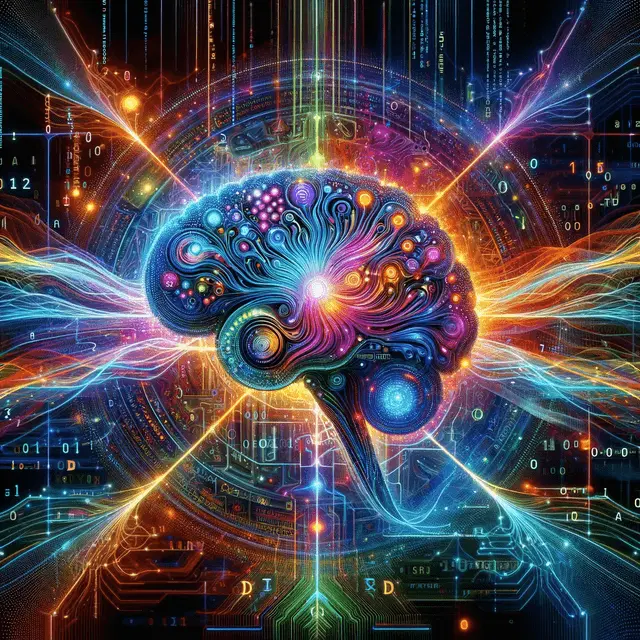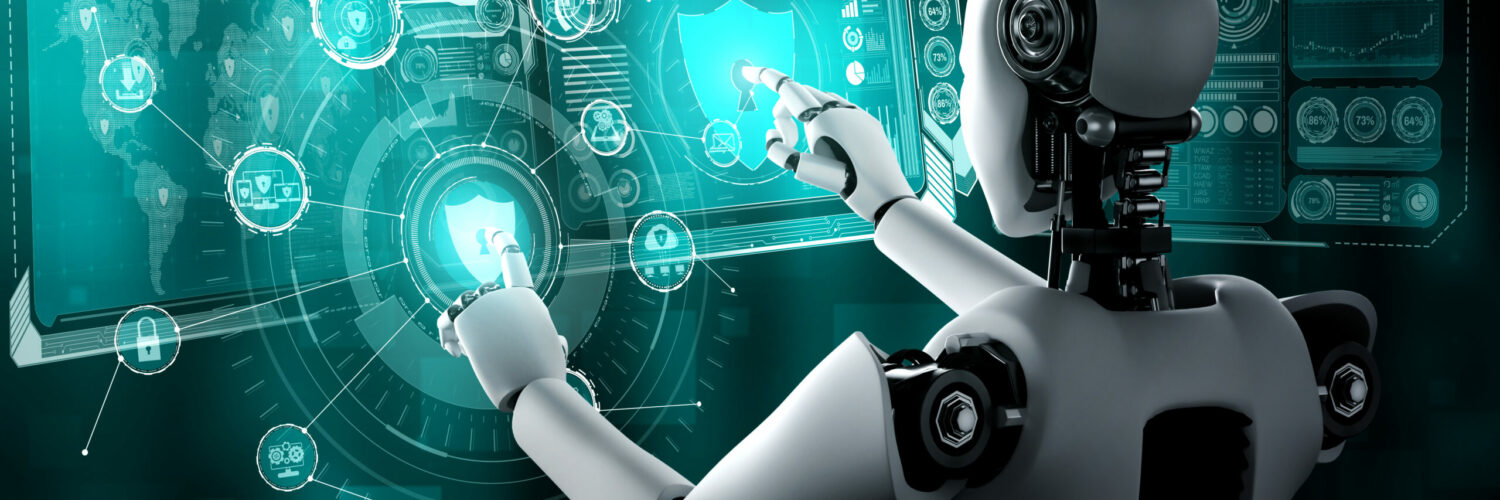Artificial Intelligence (AI) has gone from being a futuristic concept to a very real part of our everyday lives. You don’t have to be a scientist or tech expert to notice the growing impact AI is having on the way we live, learn, work, and even interact with others. AI tools are powering voice assistants, customizing our social media feeds, helping doctors, and even driving cars. It’s not just a trend; it’s a revolution.
This article dives into how AI is currently changing our lives and what the future might look like as AI continues to evolve. With a clear and easy-to-understand approach, this piece is written in a high school tone while being optimized for good SEO and readability. We’ll explore real-life examples, benefits, and concerns, so you can understand why AI matters and how it could shape your world.
AI in Our Everyday Lives

One of the most noticeable ways AI is changing our lives is through the use of smart devices. AI is what allows voice assistants like Siri, Alexa, and Google Assistant to understand what we say and respond with relevant answers. Whether it’s setting a timer, playing music, or checking the weather, these tools make life more convenient and are constantly learning from us to get better.
In addition to voice assistants, AI helps power recommendation systems. Every time you see a suggested video on YouTube, a song playlist on Spotify, or shopping suggestions on Amazon, that’s AI at work. It collects data about what you like and uses it to predict what else you might enjoy. This level of personalization saves time and helps users discover new content without much effort.
AI is also showing up in other household devices. Smart thermostats like Nest learn your habits and adjust temperatures to save energy. Robotic vacuums like Roomba can map your house and clean more efficiently over time. All these tools use AI to make smarter decisions and improve your day-to-day life without you even realizing it.
AI in Healthcare
AI is making big moves in the healthcare industry. One major use is in diagnosing diseases. Computers can now examine X-rays, MRIs, and other scans with amazing accuracy. Sometimes, they even detect signs of illness earlier than doctors can. This is especially helpful in spotting cancers or rare conditions that might be missed in a routine exam.
Another area where AI is helpful is in medical research. AI systems can analyze tons of data faster than any human. This means new medicines and treatments can be developed more quickly. During the COVID-19 pandemic, AI was used to track the spread of the virus, find patterns, and even help in the development of vaccines.
AI also helps in patient care. Chatbots can answer health questions, remind patients to take their medicine, and even help manage mental health through apps. AI-powered wearable devices, like smartwatches, can monitor heart rates, sleep, and activity levels, giving users and doctors valuable information to stay healthier.

AI in Education
Education is being transformed by AI, both in the classroom and at home. Online learning platforms now use AI to give students personalized lessons. If you’re struggling with a topic, the system might offer more practice questions or explain things in a simpler way. If you’re doing well, it might give you harder challenges to keep you engaged.
Teachers also benefit from AI tools. Grading software can check essays for grammar and spelling, freeing up time for teachers to focus on helping students. AI can also help track student progress and suggest new strategies for learning.
Students use AI every day without thinking about it. Apps like Grammarly help improve writing by suggesting better words and correcting grammar mistakes. Math-solving apps can walk students through problems step-by-step. These tools are like having a tutor available 24/7, making learning more flexible and accessible for everyone.
AI in the Workplace
AI is changing how people work across many industries. In factories, robots powered by AI do tasks that used to take teams of workers. In offices, AI can handle repetitive tasks like scheduling, data entry, or analyzing reports. This means workers can focus on more creative or important projects.
Customer service is another area where AI is taking over. You’ve probably chatted with a bot when visiting a website. These bots can answer common questions, help with orders, or solve basic problems. They save companies time and money, and they’re available 24/7.
However, the rise of AI also brings challenges. Some jobs may disappear as machines take over tasks. This means workers need to learn new skills to stay competitive. On the positive side, AI can also create new jobs in fields like data science, programming, and robotics. Preparing for the future means being flexible and ready to learn.

AI and Entertainment
Entertainment has been completely transformed by AI. Streaming services like Netflix and Hulu use AI to suggest shows and movies based on what you’ve watched before. This helps users discover content they’re more likely to enjoy.
In video games, AI controls how non-player characters (NPCs) behave, making games more realistic and challenging. Game developers also use AI to test their games and improve performance.
Even music and art are being influenced by AI. Programs now exist that can compose music, create visual art, and even write poetry. While some people worry this takes away from human creativity, others believe AI can be a tool that helps artists try new ideas and expand their creativity.
The Future of AI
The future of AI holds endless possibilities. One of the most talked-about ideas is self-driving cars. Companies like Tesla, Waymo, and others are working hard to make cars that can drive themselves safely. This could reduce car accidents, save time, and help people who can’t drive on their own.
AI might also become more common in our homes. Future smart homes could use AI to do everything from cooking dinner to reminding you about your homework. Voice assistants will likely become even smarter, acting more like personal helpers who understand your needs and habits.
In the future, AI could also help solve big world problems. It could help fight climate change by managing energy use, predicting natural disasters, or improving farming methods. In medicine, AI could lead to cures for diseases we still don’t understand.
Concerns and Challenges
While AI has many benefits, it also raises some concerns. One big issue is privacy. AI systems collect a lot of data about users. Some people worry that this data could be misused or stolen. It’s important for companies to protect personal information and use it responsibly.
Another concern is job loss. As AI takes over more tasks, some people may lose their jobs. Governments and schools need to help people learn new skills so they can find new careers in the AI-powered economy.
There are also ethical questions about how AI makes decisions. For example, if a self-driving car has to choose between two risky actions, how should it decide? These are tough questions that researchers, governments, and companies are still trying to answer.
Conclusion
AI is already a big part of our lives and is only going to grow more important in the future. From voice assistants to self-driving cars, it has the power to improve the way we live, learn, and work. At the same time, we need to be aware of its challenges, like job changes and privacy risks.
For students and young people, understanding AI is important because it will shape the world you live in. Learning how it works and thinking about how it should be used will help you prepare for a future where AI is everywhere. The more we understand and guide its development, the more AI can be used for good in our world.


Add comment